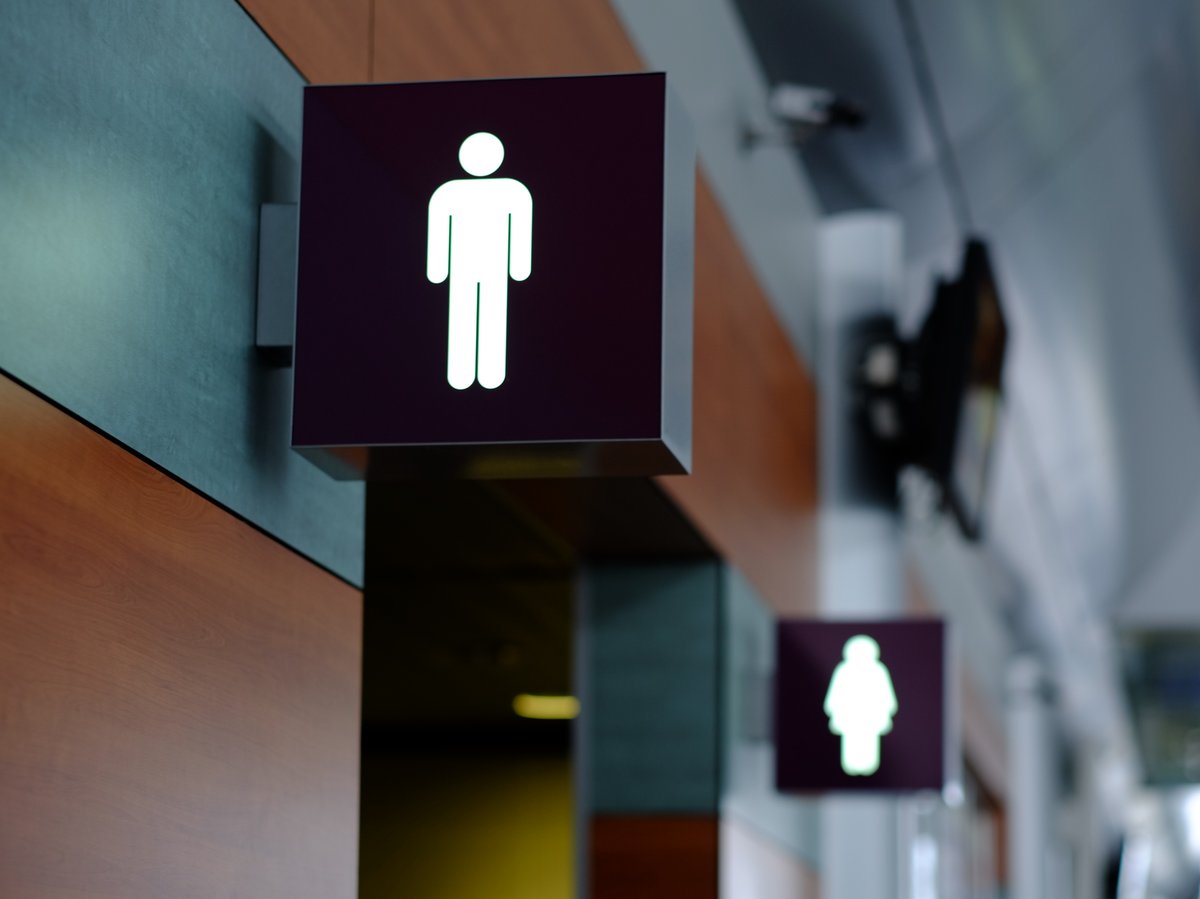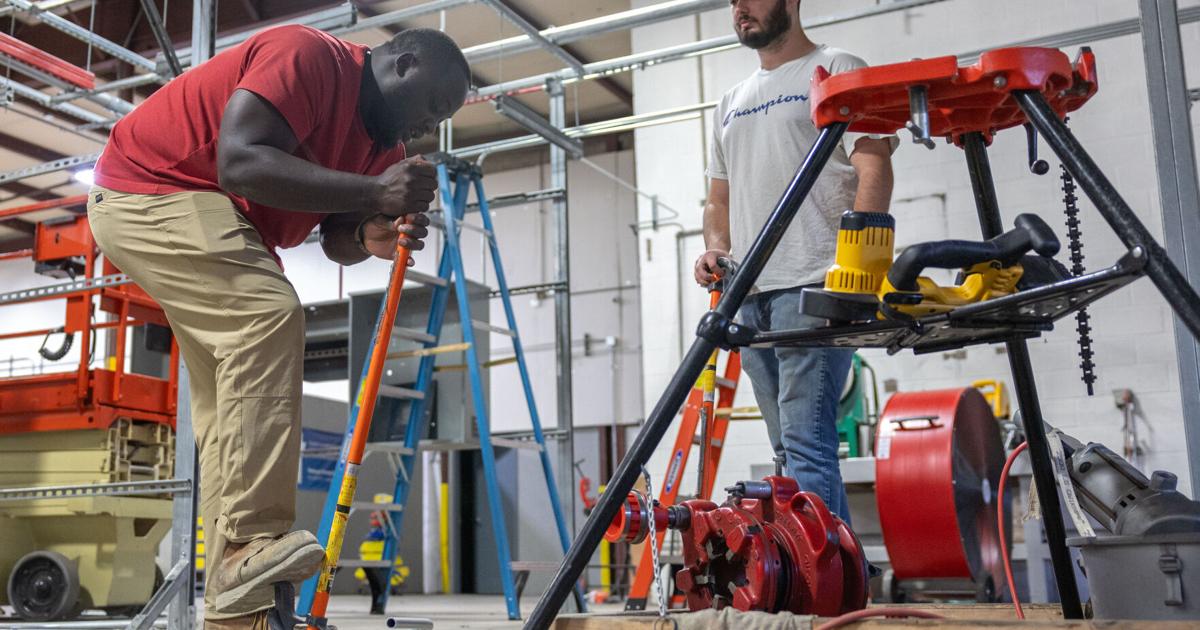By Rachel Amery
Copyright scotsman

The Scottish Government has issued new guidance banning trans staff from using toilets purely based on their preference. Ministers have also written to health boards across the country “reinforcing the importance of ensuring the law is followed” after the UK Supreme Court judgement delivered in April. The guidance means trans workers will need to use toilets matching with their birth sex. At the same time, NHS Fife, which is being sued by nurse Sandie Peggie over a trans doctor using the female changing room, told staff they now need to use the facilities that align to the sex they were born as. This comes after Education Secretary Jenny Gilruth updated Government guidance on schools, meaning all schools in Scotland must provide single-sex toilets. A Scottish Government spokesperson said it had removed a line from its trans and non-binary inclusion programme that said staff could use the facilities they feel most comfortable with. Read The Steamie – our dedicated politics newsletter A Government spokesman said: “The Scottish Government accepts the Supreme Court ruling and since April has been taking forward the detailed work that is necessary as a consequence. That work is ongoing. “We have already updated our guidance for the Gender Representation on Public Boards (Scotland) Act 2018 and have amended the recruitment process for appointments to regulated public bodies. “In addition, Police Scotland has published interim guidance on searching of transgender people. We have also removed a line regarding facilities use from our current trans and non-binary inclusion programme.” The spokesman said this was an interim step while ministers reviewed the policy fully. “This is a complex area of law, so it is important that policies, guidance and legislation are considered fully to ensure consistency with the judgement, where necessary, and a clear understanding of the application of the law,” the spokesperson said. “A working group has been in place since April to ensure all necessary steps are applied consistently across impacted legislation, guidance and policies. In taking forward the Supreme Court ruling, we will continue to consult with the EHRC [Equality and Human Rights Commission], given their role as regulator and enforcer of the Equality Act 2010.” At the same time, ministers have written to all NHS boards in line with its new guidance on school facilities. A spokeswoman said: “Application of the law following the Supreme Court ruling remains a matter for boards, in accordance with their own legal advice. Our draft gender transitioning guide, which is part of the NHS Scotland Once for Scotland workforce policies programme of work, remains paused. “This will be revisited by the Once for Scotland partnership process, with the unnecessary assurances also completed to ensure that the finalised guidance is unlawful.” NHS Fife has now also told staff they must use the facilities that align with their sex at birth rather than their gender identity. In a new equality impact assessment, the health board said: “Where toilets and changing facilities are not in individual separate lockable rooms, separate toilets and changing facilities will be provided for men and women alongside additional gender–neutral facilities. “Where a facility is provided separately for men and women it should be used by people whose sex at birth corresponds with the facility.”



